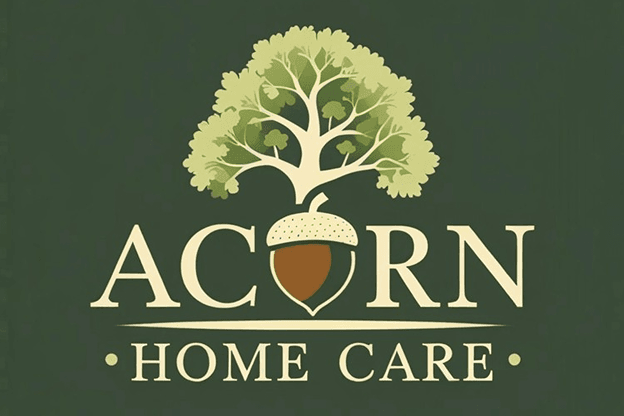Accepting an Alzheimer’s or Dementia Diagnosis: A Guide for Care Partners
Ud
Learning that someone you love has been diagnosed with Alzheimer’s or another form of dementia can be life-changing. It’s common for both the diagnosed person and their care partner to experience fear, grief, denial, and uncertainty. Acceptance doesn’t happen all at once, it develops over time, with patience, support, and understanding.
This guide explores the emotional process of acceptance, how to find purpose after diagnosis, and ways to seek meaningful support.
The Process of Acceptance
Hearing the words “You have Alzheimer’s” affects everyone differently. Some people immediately want answers. Others withdraw, avoid discussions, or say “nothing is wrong.” These reactions are normal.
Acceptance Takes Time,for Both People
Whether you’ve been encouraging your loved one to learn more about their diagnosis or you’ve been hesitant to learn more yourself, it’s important to remember:
- There is no “right” way to process a diagnosis.
- You may each move through the acceptance process at different speeds.
- Some days will be harder than others, and that’s okay.
Care partners are often the first to seek information after a diagnosis. Understanding what to expect, and knowing where to find support, can make you feel more prepared and strengthen your commitment to walking this journey together.
Give Yourself Permission to Grieve
Grief is not only about loss, it’s also about change. Allow yourself space to feel sadness, fear, or uncertainty about the future. Working through these emotions helps you support your loved one more effectively.
Your Support Matters More Than You Realize
Many people living with dementia say that patience, flexibility, and open communication from their care partner make the biggest difference in helping them accept their diagnosis. Even simple reassurance, like saying “We’re in this together”, can provide comfort and strength.

Helping Someone in the Early Stage Accept Their Diagnosis
In the early stages, a person may still be processing what their diagnosis means for their identity, independence, and future. These strategies can gently support their journey toward acceptance:
Ways to Support Healthy Processing
- Allow space for difficult emotions. They may grieve changes in how they see themselves.
- Emphasize the roles that still matter: parent, grandparent, friend, partner.
- Encourage open conversations with trusted friends, faith leaders, or counselors.
- Give reassurance. Knowing they’re not facing this alone can reduce fear.
Talking to Others About the Diagnosis
Sharing the diagnosis can be one of the hardest steps. Some people fear judgment or stigma. Others worry about how friends or family will react.
Yet, sharing openly can,
- Build stronger relationships
- Create new sources of support
- Help others understand how to be helpful
Be honest about what’s changing and let friends or family know specific ways they can support both of you.

Maintaining Identity and Finding Purpose
A dementia diagnosis can cause someone to question who they are. They may wonder:
“Who am I now?”
“What is my purpose?”
But purpose doesn’t disappear with diagnosis—it just evolves.
Ways to Rediscover Meaning
- Talk about what brings joy, fulfillment, or comfort.
- Encourage continued involvement in meaningful activities.
- Explore new hobbies or interests together.
- Seek out opportunities at home or in the community that match their strengths.
- Connect with others living with dementia to learn how they stay active and engaged.
Programs, support groups, and peer networks can help your loved one feel understood and empowered, while also reducing feelings of isolation.
Getting the Support You Need as a Care Partner
Caring for someone with dementia is rewarding, but it can also be physically and emotionally overwhelming. You don’t have to do it alone.
Where to Find Support
- Family and friends: Be specific about the help you need, rides to appointments, help with outings, or simply someone to listen.
- Community programs: Local organizations often offer classes, respite care, and educational workshops.
- Support groups: Both in-person and online groups allow you to connect with others who truly understand because they’ve been there too.
Reaching out for help is not a sign of weakness, it’s an essential part of sustaining your own well-being and giving your loved one the best care possible.

Final Thoughts
Acceptance is a journey, not a destination. With patience, connection, and compassion, both you and your loved one can adapt to this “new normal” and continue living a meaningful life together.
Let us help you through this transition. Reach out to us, we’re here to make a difference in our community and to walk beside you, so you can feel confident giving your loved one the support they deserve.
